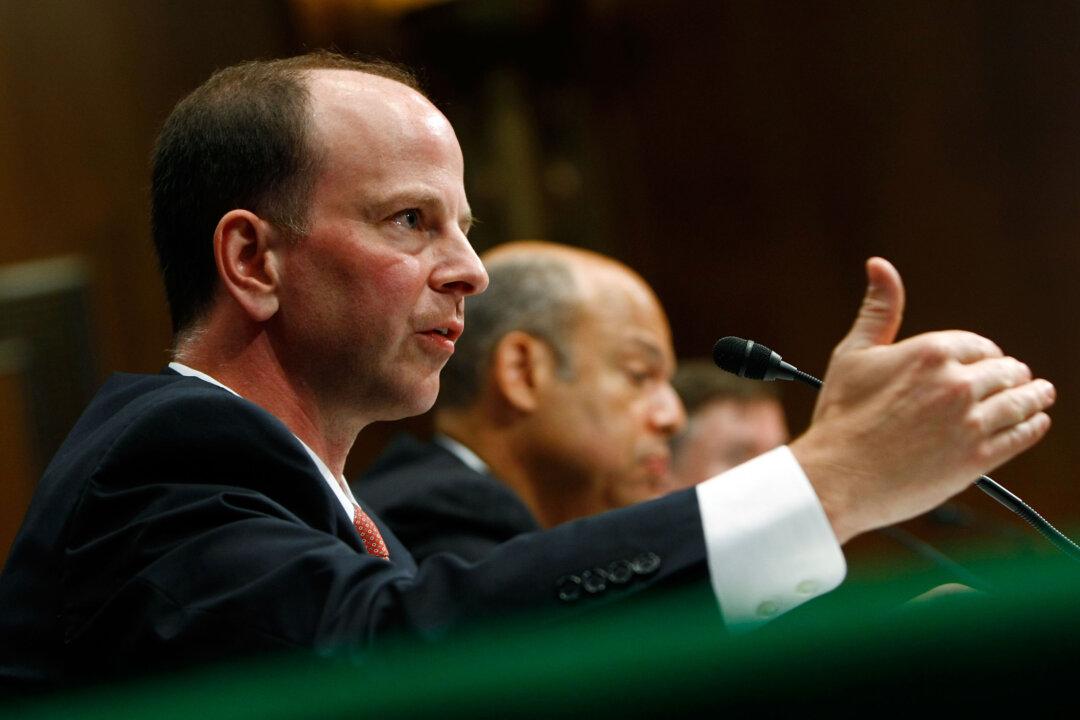Former Department of Justice (DOJ) official David Kris was picked by the FISA surveillance court to help evaluate FBI surveillance reforms initiated after the DOJ’s inspector general revealed numerous issues with a FISA warrant secured against former Trump 2016 presidential campaign aide Carter Page.
Kris served in the Obama administration as the head of the DOJ’s National Security Division, which oversees intelligence collection under the Foreign Intelligence Surveillance Act (FISA). He’s been an outspoken supporter of impeaching President Donald Trump and repeatedly criticized Rep. Devin Nunes (R-N.C.) for a 2018 memo that alleged FISA abuse by the FBI in connection with the Page warrant.





